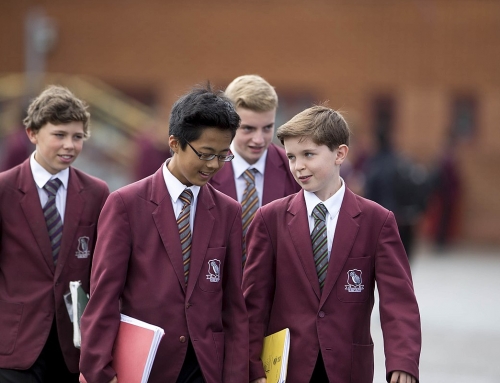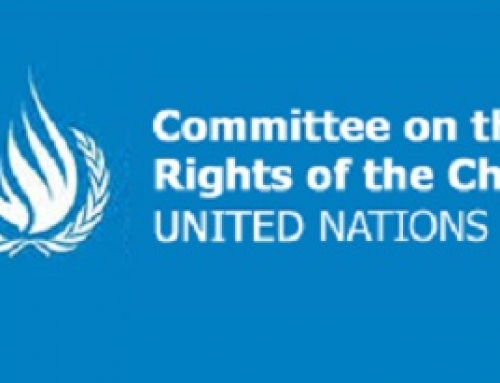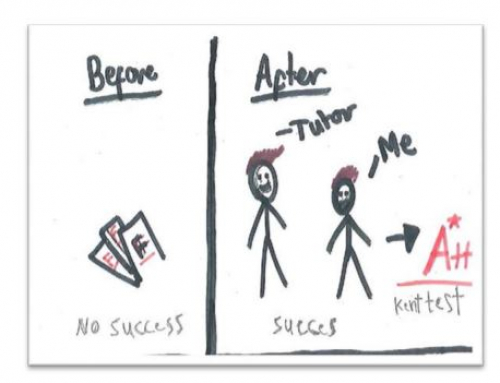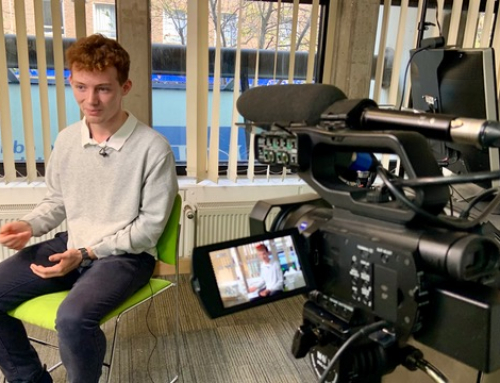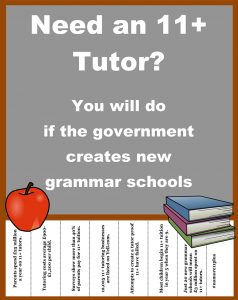 If Theresa May wins the June 8th election, the government intends to create a new generation of grammar schools. This is despite clear evidence that selective school systems increase educational inequality.
If Theresa May wins the June 8th election, the government intends to create a new generation of grammar schools. This is despite clear evidence that selective school systems increase educational inequality.
This election campaign is a chance for England’s parents to reject selective education, which fuels a £25 million-a-year 11-plus tutoring industry. Research carried out by Comprehensive Future shows that more than a quarter of parents entering a child for an 11-plus test are likely to pay for tuition. Some studies claim as many as 44% of all children who sit the 11-plus have had the advantage of being coached for the test. There are suggestions that the Conservative party manifesto will call for the creation of 20 new grammar schools. These new schools will boost the 11-plus tutoring industry by £3 million.
The 11-plus test is not a level playing field. Wherever selective education exists poorer children are more likely to attend a secondary modern school than a grammar school. Numerous attempts to create ‘tutor proof’ tests have failed. It stands to reason that parents who pay for tutoring are buying advantage.
Theresa May claims to want to help ‘ordinary’ families. It is impossible to see how a bill of £900 (the average cost for 11-plus plus tutoring) can be affordable for families on low incomes. Poorer families simply cannot compete.
Comprehensive Future recently commissioned research by sociologist Nuala Burgess of King’s College, London. Her report ‘A Tale of Two Counties’ included interviews with parents, teachers and 11-plus tutors in selective Buckinghamshire.
One father describes the 11-plus process as a ‘nuclear arms race’, adding that even parents who are normally uncomfortable with ‘buying advantage’ will intensively tutor their children.
The report reveals that competition for the best tutors is so tough that there are waiting lists and covert league tables for highly sought-after tutors.
A mother quoted in the report says, “As a parent, you feel under a lot of pressure and there’s a fear that if your child doesn’t pass the 11-plus they’ll end up … well, you know, at one of the secondary moderns.”
Burgess says, “Buckinghamshire parents are decent people who want the best for their children. Their biggest fear is that if they don’t pay for tutoring, their child won’t get into a grammar school. For these parents, anything other than a grammar school means a second class education.”
“Their children spend evenings, weekends and even the summer holidays swotting for the 11-plus, while every other child in England is out playing and enjoying their childhood.”
Melissa Benn, chair of Comprehensive Future, says “Tutoring in selective areas is clearly on an ‘industrial scale’. This industry will only swell further if the government’s plans for grammar schools go ahead. The future of education could be very expensive for parents.”
10 things you probably didn’t know about the 11-plus industry:
- More than 114,000 primary school children were entered for the 11-plus in 2016.
- In an informal survey on Mumsnet 40% of parents admitted to paying for 11-plus tuition. In a community survey of parents in Sevenoaks, the figure was 44%.
- There are 12,025 11-plus tutoring businesses listed at online listings site Yell.com.
- Most Buckinghamshire parents tutor for at least two years before the 11-plus is taken.
- At the National Tutoring Conference (2015), retired grammar school head, Peter Read, said intensive 11-plus tuition ‘can almost add up to child abuse.’
- Most children who sit the 11-plus are 10 years old.
- 11-plus tutors charge between £25-£30 per hour, though highly rated 11-plus tutors have waiting lists and can charge £40+.
- Grammar school PTA raise school funds by selling 11-plus practice tests to parents for £60.
- Even 11-plus tutors don’t believe practicing Non Verbal Reasoning skills has any educational value.
- Some parents think 11-plus tuition is good value compared to private school fees. The 11PlusGuide.com says, “To prepare a child from the middle of year four onwards costs can vary between £2,500 and £5,000 depending on hourly rate and the number of hours a tutor delivers. This however may well seem like good value when compared to private day school fees of £13,000 per year.”

